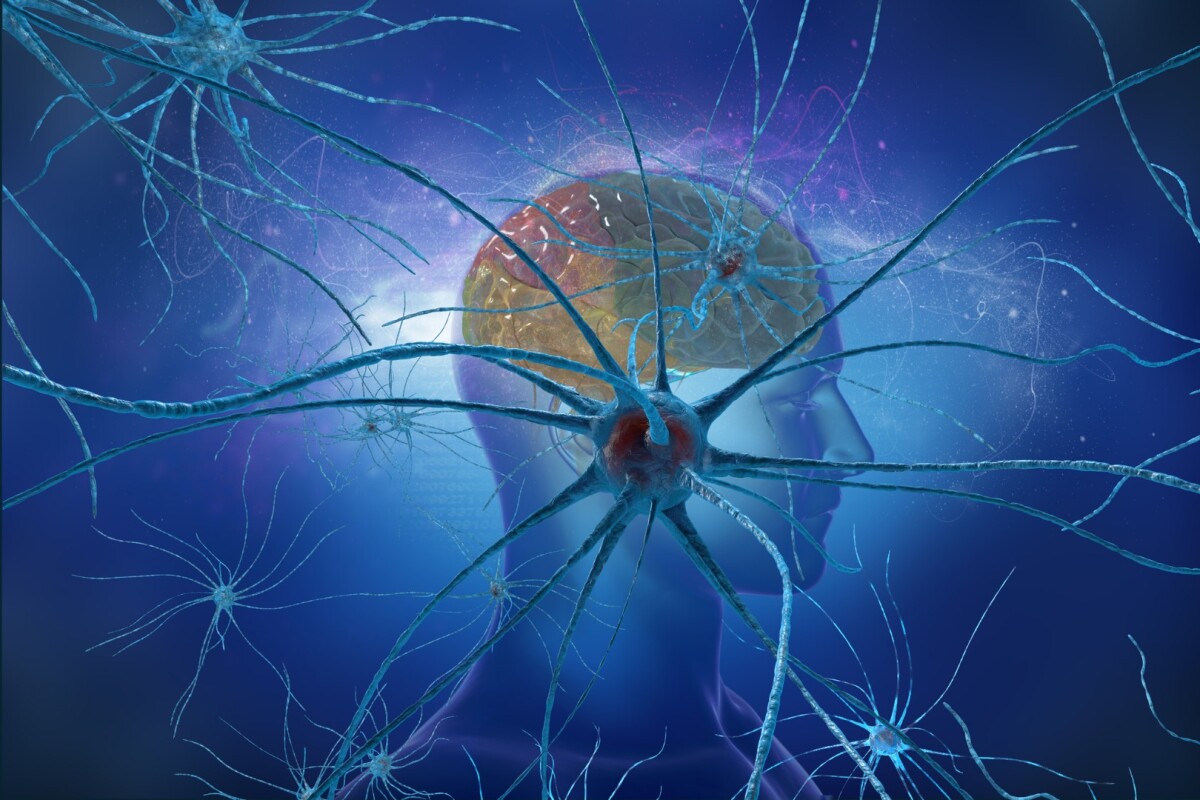A team of Canadian scientists has developed a fascinating new experimental drug that is purported to result in rapid improvements to both mood and memory following extensive animal testing. It's hoped the drug will move to human trials within the next two years.
Gamma-aminobutyric acid (GABA) is a key neurotransmitter, and when altered it can play a role in the development of everything from psychiatric conditions to cognitive degeneration. Benzodiazepines, such as Xanax or Valium, are a class of drugs well known to function by modulating the brain's GABA systems.
This new research describes the development of several new molecules that are structurally based on benzodiazepines, but with small tweaks to enhance their ability to specifically target certain brain areas. The goal was to create a new therapeutic agent that can effectively combat age-related mood and memory alterations caused by disruptions in the GABA systems.
"Currently there are no medications to treat cognitive symptoms such as memory loss that occur in depression, other mental illnesses and aging," says Etienne Sibille, from the Centre for Addiction and Mental Health and lead scientist on the new research.
In animal tests the drug has been found to be remarkably effective, with old mice displaying rapid improvements in memory tests within an hour of administration, resulting in performance similar to that of young mice. Daily administration of the drug over two months was also seen to result in an actual structural regrowth of brain cells, returning their brains to a state that resembles a young animal.
"The aged cells regrew to appear the same as young brain cells, showing that our novel molecules can modify the brain in addition to improving symptoms," says Sibille.
The experimental drug is not some miracle cognitive enhancer however, with no beneficial effects seen when administered to younger mice. So it seems likely the drug's modulations to the brain's GABA systems is directly related to normalizing either age- or stress-related disruptions.
It's still very early days in the drug's development, and while it has been demonstrated as safe so far in animal experiments, it has yet to be proven harmless or effective in humans. The researchers suggest human testing should begin within the next two years, and while initial human trials may concentrate on depression-related memory deficits, the broader applications for the drug are exciting. If it proves safe and efficacious it could be a useful preventative tool, administered in short bursts to subjects in their 50s or 60s to slow the onset of age-related dementia and cognitive impairment.
The new study was published in the journal Molecular Neuropsychiatry.




